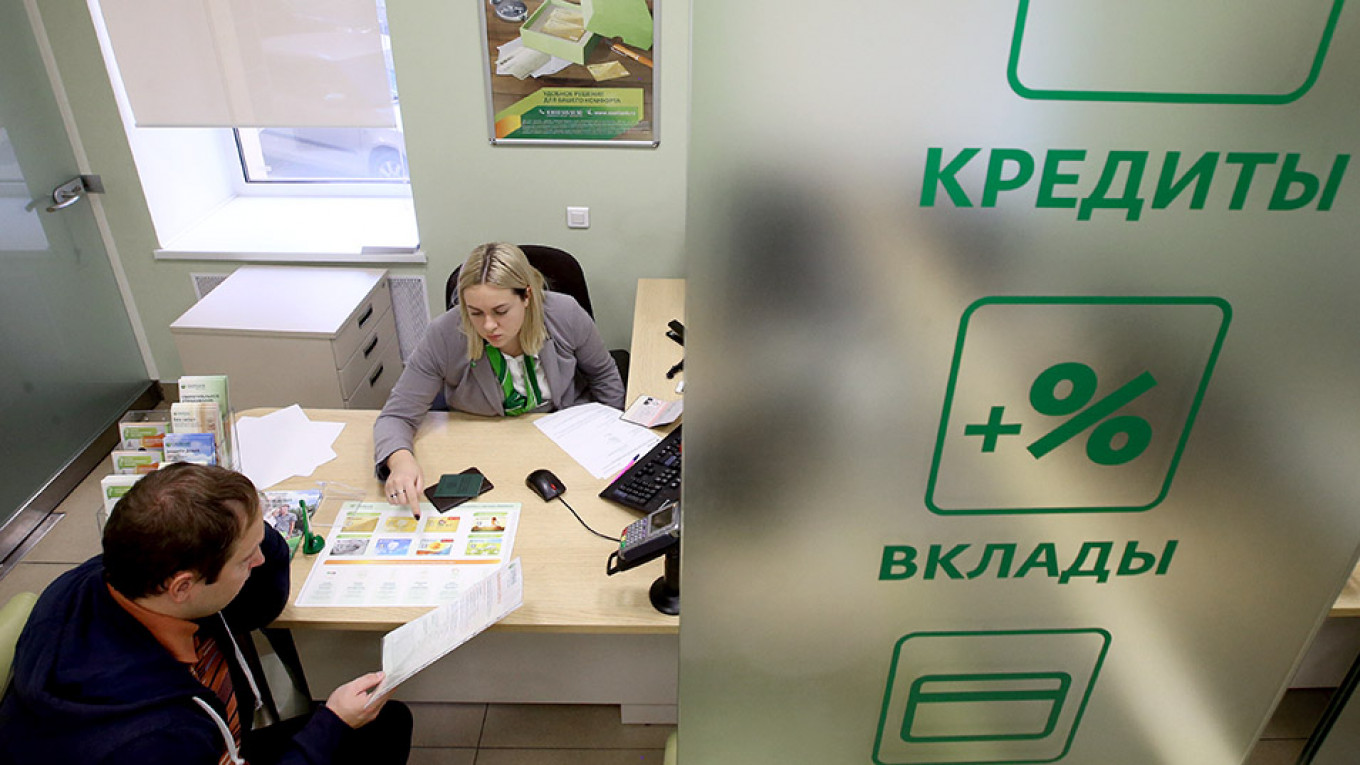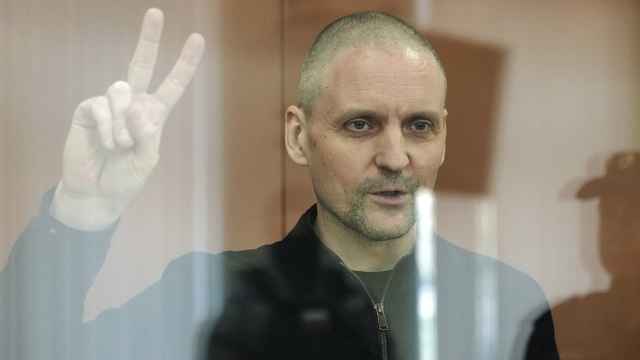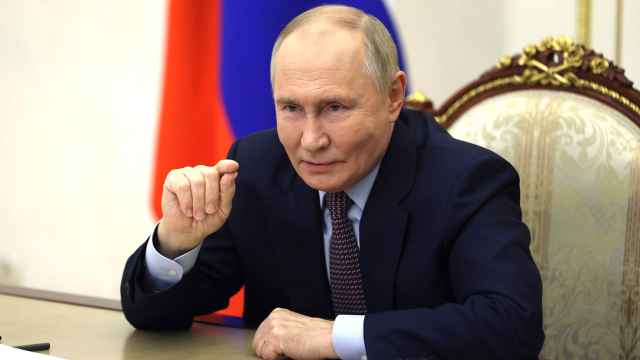Russian banks rejected more than six in every 10 loan applications made last year, new data has shown.
The National Bureau of Credit History said only 36.9% of requested loans were granted in 2019, down from 41% the year before, Russian news site RBC reported, as it appears stricter regulations from the government and the Central Bank designed to cool a potential consumer credit bubble are starting to have an impact.
The approval rate for payday and short-term loans — or unsecured credit — was even lower at just 33.9%, while banks granted two-thirds of safer mortgage applications. The rate is still higher than the record low of 2016, when, following a deep recession and sharp devaluation of the ruble, only 10% of loan applications were approved.
In a bid to quell fears of an emerging consumer credit bubble, the Central Bank made it more expensive for banks to lend to riskier customers last year by forcing them to hold more cash on their balance sheets. It also limited the daily rate of interest which can be charged on short-term loans.
Analysts said such measures reduced the availability of cheap loans and pushed down the growth of retail credit toward the end of 2019.
Meanwhile, a separate report from ratings agency Fitch, published last week, showed Russian banks had been overestimating the creditworthiness of their borrowers before the new regulations came into force in October 2019.
The safe the borrower, the lower the chance of a default, and the lender is thus required to keep less capital on its balance sheet. However, the Central Bank employs a much stricter set of criteria for determining how solvent a borrower is than the banks’ own internal models, leading to a mismatch between the quality of the banks’ loan portfolios.
Fitch analysts said: “The difference ... reflects the [new] requirement for banks to include only officially confirmed income … when calculating the regulatory payment-to-income (PTI) ratio [of borrowers]. The PTI ratio that banks calculate for underwriting purposes typically includes other income based on estimates or interviews with borrowers: the difference is often significant.”
While under the banks’ calculations less than one in 10 borrowers had a PTI ratio of above 80% — meaning loan repayments account for at least 80% of a borrower’s monthly income — the Central Bank’s calculations show almost one in four lenders fall in this bracket.
Some banks had also excluded credit cards — which account for around one-third of all unsecured lending in Russia — from their calculations, Fitch said, thus freeing-up more cash to lend out to consumers.
According to the ratings agency, banks are lobbying the Central Bank to come up with more flexible regulations and definitions in a bid to reduce the difference between the two assessments.
A Message from The Moscow Times:
Dear readers,
We are facing unprecedented challenges. Russia's Prosecutor General's Office has designated The Moscow Times as an "undesirable" organization, criminalizing our work and putting our staff at risk of prosecution. This follows our earlier unjust labeling as a "foreign agent."
These actions are direct attempts to silence independent journalism in Russia. The authorities claim our work "discredits the decisions of the Russian leadership." We see things differently: we strive to provide accurate, unbiased reporting on Russia.
We, the journalists of The Moscow Times, refuse to be silenced. But to continue our work, we need your help.
Your support, no matter how small, makes a world of difference. If you can, please support us monthly starting from just $2. It's quick to set up, and every contribution makes a significant impact.
By supporting The Moscow Times, you're defending open, independent journalism in the face of repression. Thank you for standing with us.
Remind me later.






